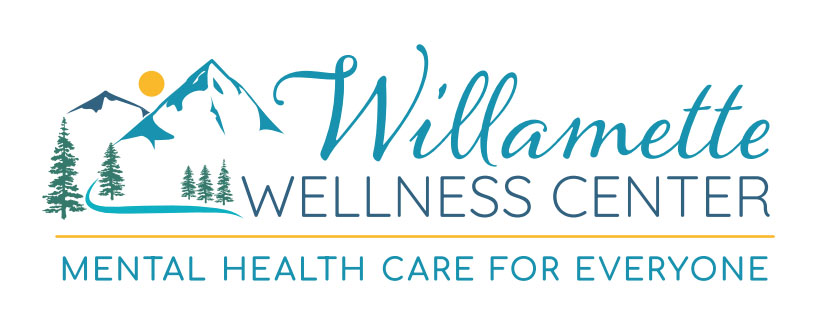Blog Post By Arin Wallington
Working Together- The Forgiveness Process

In order for an apology to be effective, certain steps need to take place. An apology is not “I’m sorry this happened, let’s move on.” In order for someone in pain to find true forgiveness, or actually feel better, there are several steps necessary for the person who caused the pain to go through:
- Admit in its entirety, how actions hurt the other person.
Share how your words and actions impacted your partner and made them feel. It’s best if you can repeat back to them what you heard them say about their pain so they know you truly heard them, and check in to make sure you are hearing them correctly. An example might be: “I hear you saying that when I was late to our dinner date, and didn’t call or text you to let you know, it made you feel unimportant, is that right?”
- Offer a sincere, honest apology.
Something like, “I know I hurt you when I was late to dinner again. I understand that you feel unimportant when I do that. I apologize and I want to work on it,” is a good start.
Apologies should never have the words ‘but’ or ‘you’ in them. The use of the word ‘you’ in this context shifts the blame to the person you are apologizing to. The word but negates the apology. It’s important not to use phrases such as, “I’m sorry you felt that way about it,” or “I’m sorry, but I got upset.”
- Let the person you hurt know how this will not happen again.
Explain how you will ensure their safety if they choose to stay in your life and how you have you learned from the experience. Let them know in specific, non-vague terms, exactly what you will change from this point forward. “I promise I will text and call you when I am running late next time, so that you aren’t here waiting and wondering what is happening.”
- Be ready for this process to take time.
True forgiveness can take weeks, months and sometimes even years depending on the situation. It is never up to the person who caused the pain to put a timeline on healing. Someone might need you to go through these steps many times over before they feel they can heal and trust again.
Phrases like, “When will this be over?” or “Why can’t we move on from this?” do not speed up the process.
But, what happens if the person who caused the pain either cannot help or is not willing to help in the forgiveness process? Learn more about FINDING FORGIVENESS WITHIN YOURSELF and contact Willamette Wellness Center anytime to partner with one of our trained therapists on your personal wellness journey.
Be well,

Some concepts are adopted from “Communicating Forgiveness” by Waldron & Kelley, 2008.

